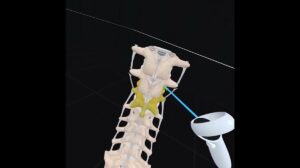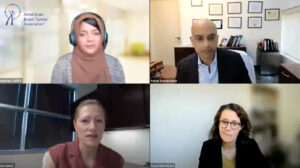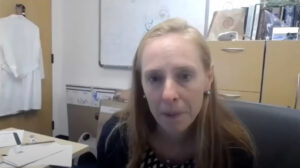NEW YORK (Reuters Health) – Children who have a ventriculoperitoneal shunt (VPS) inserted before their 5th birthday have more than a six-fold increased risk of inguinal hernia, according to a study in the July 11 issue of Pediatrics, available online now.
The risk is “surprisingly high,” Dr. Jau-Ching Wu, neurosurgeon at Taipei Veterans General Hospital, Taiwan, told Reuters Health by e-mail.
“This increased risk is most prominent in the first 2 years post-VPS; therefore, children should be closely followed up for inguinal complications for 2 years,” Dr. Wu advises.
In their paper, Dr. Wu and co-authors say they found only three small studies linking VPS placement in children with a higher incidence of inguinal hernia. “Therefore, the true incidence and association between VPS surgery and subsequent inguinal hernia remain unclear,” they write.
To investigate, the researchers searched the National Health Insurance Research Database, which contains information on more than 1.5 million children aged 0 to 5 years. They identified 675 children who had a VPS placed before age 5 and 6704 age- and gender-matched children who did not (controls). Both groups were followed for up to 8 years for inguinal hernia.
During follow-up, 353 of the 7379 children (4.8%) underwent surgical repair of an inguinal hernia – 78 (11.6%) from the VPS group and 275 (4.1%) from the control group.
After adjusting for age, gender, and comorbid conditions, the hazard ratio for inguinal hernia was 6.63 in children who had a VPS inserted (P < 0.001).
The average interval between VPS and inguinal hernia surgery was 1.73 years earlier in the VPS group than in the control group (1.29 vs 3.02 years; P < 0.001).
“Our study further corroborates the association between VPS and subsequent inguinal hernia-repair surgery via a cross-institutional, large number and controlled longitudinal cohort,” the investigators say.
Why VPS placement raises the risk of inguinal hernia in young children remains unclear. “It is unknown whether it is the excessive amount of CSF (cerebrospinal fluid) resulting in increased peritoneal pressure or the irritation of the fluid content itself that causes inguinal hernia development,” the researchers note.
Dr. Wu said his team recently completed another study looking at risk factors of inguinal hernia in children with VPS, “which provides more clinical relevance.” A manuscript detailing the findings is currently under review at the Annals of Surgery, he noted.
Pediatrics 2011




